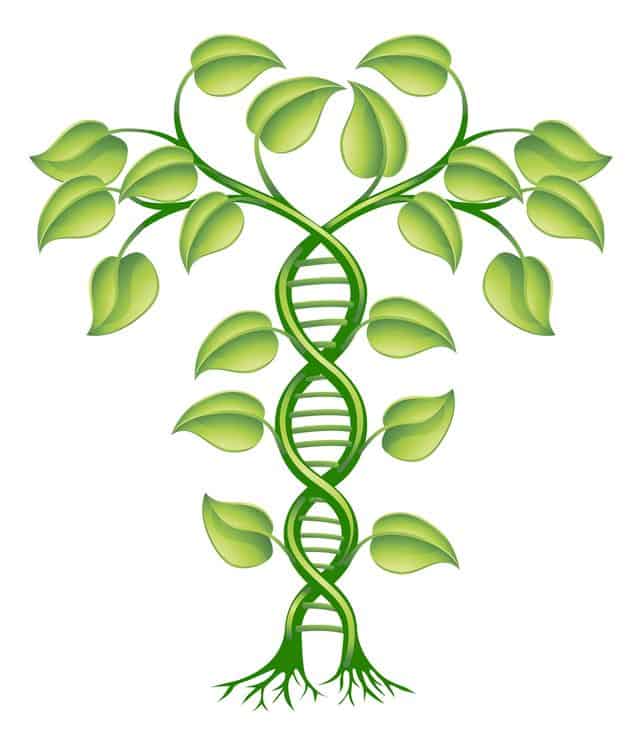
Germany, renowned for its advanced medical technology and rigorous healthcare system, is also experiencing a surge in popularity for holistic medicine. This isn't a rejection of conventional medicine; rather, it reflects a growing desire for a more integrated and personalized approach to health and wellness. This guide explores the landscape of holistic medicine in Germany, covering its various practices, accessibility, and the cultural context that fuels its growth.
What is Holistic Medicine?
Unlike conventional medicine, which often focuses on treating specific symptoms or diseases, holistic medicine takes a broader view. It considers the interconnectedness of mind, body, and spirit, recognizing that physical ailments can stem from emotional, mental, or spiritual imbalances. The goal isn't simply to alleviate symptoms but to address the root causes of illness and promote overall well-being. This approach emphasizes preventative care and empowers individuals to actively participate in their own healing journey.
Popular Holistic Practices in Germany:
Germany offers a diverse range of holistic therapies. Some of the most prevalent include:
- Anthroposophic Medicine: Rooted in the philosophical work of Rudolf Steiner, this approach combines conventional medicine with alternative therapies like herbal remedies, art therapy, and eurythmy (therapeutic movement).
- Homeopathy: This system uses highly diluted substances to stimulate the body's self-healing capabilities. It's a widely practiced alternative therapy in Germany, with many homeopathic practitioners working alongside conventional doctors.
- Naturopathy (Naturheilkunde): This encompasses a variety of techniques, including herbal medicine, hydrotherapy, and nutritional counseling, aiming to strengthen the body's natural defenses and restore balance.
- Traditional Chinese Medicine (TCM): Acupuncture, herbal medicine, and other TCM practices are gaining increasing traction in Germany, particularly for pain management and stress reduction.
- Osteopathy and Chiropractic Care: These manual therapies focus on the musculoskeletal system, addressing joint problems, muscle imbalances, and related pain.
- Ayurveda: This ancient Indian system of medicine emphasizes individual constitution and lifestyle adjustments to promote health and prevent disease. Ayurvedic practitioners offer dietary advice, herbal remedies, and other personalized approaches.
Accessibility and Regulation:
While not all holistic therapies are officially recognized or regulated by the German healthcare system (Gesundheitswesen) in the same way as conventional medicine, many practitioners are licensed and adhere to professional standards. Insurance coverage for holistic treatments varies depending on the specific therapy, the practitioner, and the individual's insurance plan. Some private health insurance companies offer broader coverage for alternative therapies than statutory health insurance (gesetzliche Krankenversicherung).
It's crucial to research practitioners thoroughly and ensure they have the necessary qualifications and experience. The German Federal Chamber of Physicians (Bundesärztekammer) offers information on medical professionals, but it's important to remember that holistic practitioners may not always be listed there.
The Cultural Context:
The rise of holistic medicine in Germany isn't solely driven by a desire for alternative treatments. It also reflects a shift in societal values and attitudes towards health. There's a growing emphasis on preventative care, personal responsibility for health, and a desire for more personalized, patient-centered approaches. This aligns with a broader European trend towards integrating complementary and alternative medicine into mainstream healthcare.
Finding Holistic Practitioners in Germany:
Locating a qualified holistic practitioner in Germany can be done through several avenues: online directories, recommendations from friends or family, and contacting professional organizations representing different holistic therapies. It's essential to confirm the practitioner's credentials and experience before scheduling an appointment. Don't hesitate to ask about their qualifications, approach, and any relevant certifications.
Conclusion:
Holistic medicine in Germany is a vibrant and evolving field, offering individuals a wider range of options for addressing their health and wellness needs. While it's not a replacement for conventional medicine in all cases, it complements it effectively, providing a more integrated and personalized approach. By understanding the different therapies available, the regulatory landscape, and the cultural factors driving its growth, individuals can make informed decisions about incorporating holistic practices into their healthcare journey. Remember to always consult with your doctor before starting any new treatment, including holistic therapies.

Disclaimer: Artikel ini diolah dari berbagai sumber.
Comments